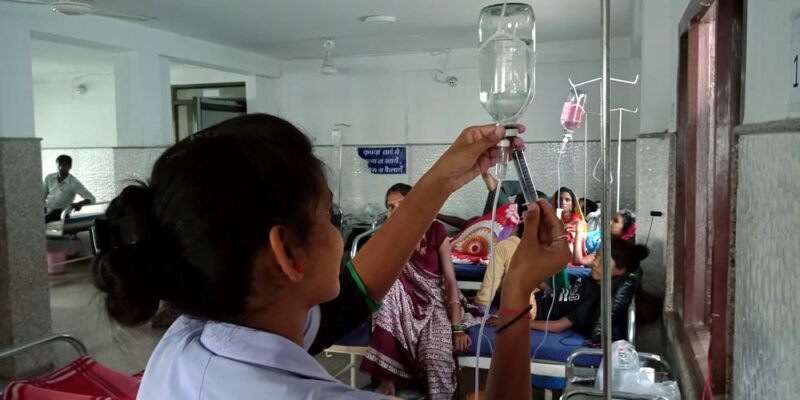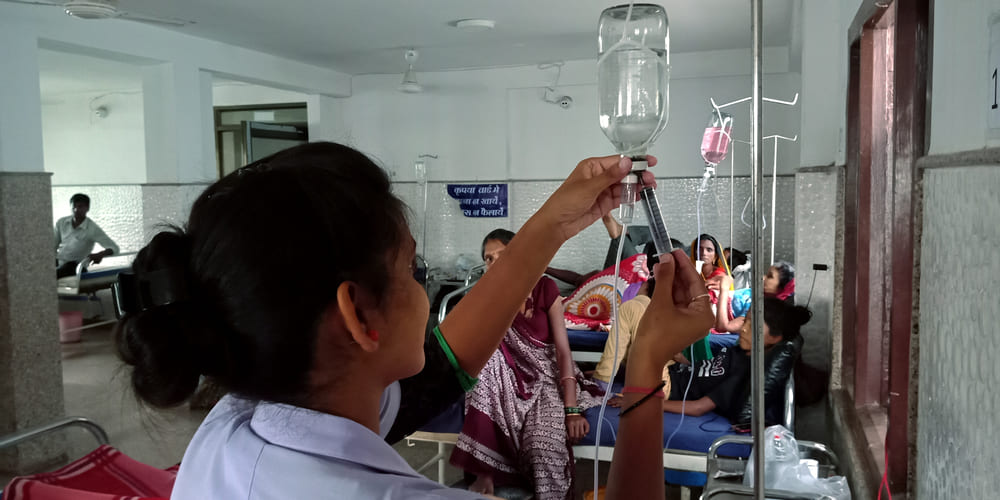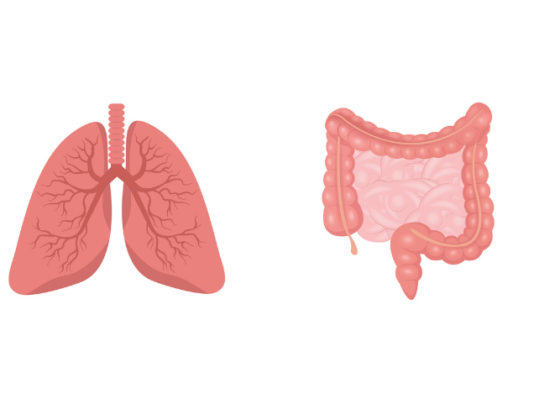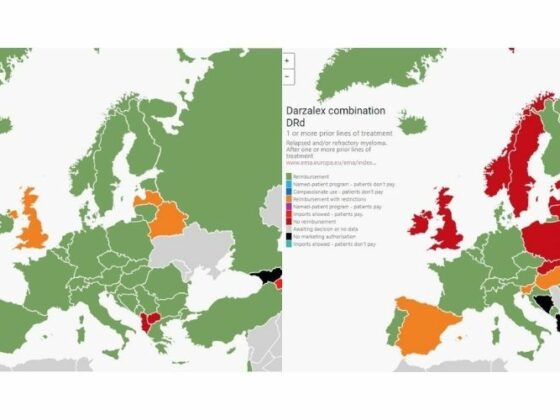Despite being available for more than 20 years, basic cancer drugs found to be most effective against the disease can still not be accessed by patients in most low- and lower-middle-income countries according to a new study.
The paper, published in the Lancet Oncology, presents the findings of a questionnaire sent to oncologists from a range of clinical practice settings, from low- to high-income countries, which asked them to list the most important cancer medicines and to describe whether patients could access these medicines in their country. The researchers also wanted to find out whether the drugs listed in the Essential Medicines List (EML) published by the World Health Organization included the priority drugs listed by frontline oncologists globally.
The study, conducted among 948 oncologists in 82 countries, found that most important medicines identified by oncologists were the older, inexpensive chemotherapy and hormone medicines. Of the 20 highest-priority drugs identified by the oncologists, 19 are already included in the WHO’s EML. Most of the drugs identified by the oncologists have been available for more than 20 years and deliver large benefits over many cancers.
Despite being older and included in the EML, access to these priority drugs varied considerably across the regions. In low- and lower-middle income countries, between 13% and 68% of respondents said that accessing the top 20 medicines placed patients at the risk of ‘catastrophic expenditure’. Catastrophic expenditure refers to medical treatment that costs more than 40% of the total consumption of the family after expenditure on food.
This was the case in these countries even for the generic drugs doxorubicin and cisplatin, which were identified as inaccessible by one in four respondents. The only exception was the corticosteroid dexamethasone, which was identified as universally available by 50% of respondents.
Access to the 20 highest-priority drugs was better in upper-middle-income countries, with more than half of respondents indicating universal availability of all bar three of the medicines. The risk of catastrophic expenditure was less than 10% for all 20 drugs; however, drugs approved in the 1990s and 2000s, such as like imatinib, trastuzumab and gemcitabine, incur considerable out-of-pocket expenditure.
In high-income countries, most of the 20 drugs were universally available, and the risk for catastrophic expenditure was less than 10% percent for all drugs; however, out of pocket expenditure was reported for drugs like osimertinib, imatinib and even older drugs like doxorubicin and paclitaxel.
The researchers noted that oncologists on the frontline prioritised older chemotherapy and hormonal drugs over new cancer drugs that are associated with marginal benefits. They commented that, despite being included in WHO’s EML, many of the drugs seen as highest priority may not have been sufficiently prioritised by country-level access policies, resulting in limited access to even the most basic drugs for cancer care.
Speaking to Cancer World, co-author of the paper Christopher Booth, who is Professor of Oncology and Public Health Sciences and the Canada Research Chair in Population Cancer Care, Queen’s University, Ontario, called the findings ‘worrisome and sobering’, and advised that, “the WHO EML committee will need to carefully consider the implications about adding more new and expensive medicine to the EML when currently, the majority of oncologists worldwide can’t even access basic cancer medicines for patients that have huge benefits.”
He also suggested that the global oncology community will need to learn from the HIV community, which faced similar problems decades ago and, through advocacy and various policy tools, were able to make HIV drugs more affordable for patients globally.
Manju Sengar, Professor of Medical Oncology at the Tata Memorial Hospital, Mumbai, who also co-authored the paper, emphasised that improving access to the cancer drugs with meaningful clinical benefit involved getting the cost down. “This can be done using the strategy for HIV drugs and medicine patent pool as well as negotiating the prices as a group for all the low- and lower-middle-income countries,” she said, adding that, “these drugs should get incorporated in their [countries’] essential medicine list, which can then be supported by their national health budgets to ensure universal access.”
The 20 top-priority cancer drugs according to frontline oncologists across the world
- Doxorubicin
- Cisplatin
- Pacilitaxel
- Pembrolizumab
- Trastuzumab
- Carboplatin
- 5-fluorouracil
- Tamoxifen
- Capecitabine
- Cyclophosphamide
- Docetaxel
- Oxaliplatin
- Dexamethasone
- Nivolumab
- Rituximab
- Imatinib
- Gemcitabine
- Etoposide
- Osimertinib (not in the current WHO EML)
- Letrozole (Substitute for drug in the WHO EML)

WHO EML – World Health Organization’s Essential Medicines List
Source: A Fundytus et al (2021) Access to cancer medicines deemed essential by oncologists in 82 countries: an international, cross-sectional survey. Lancet Oncol 22:1367‒77












